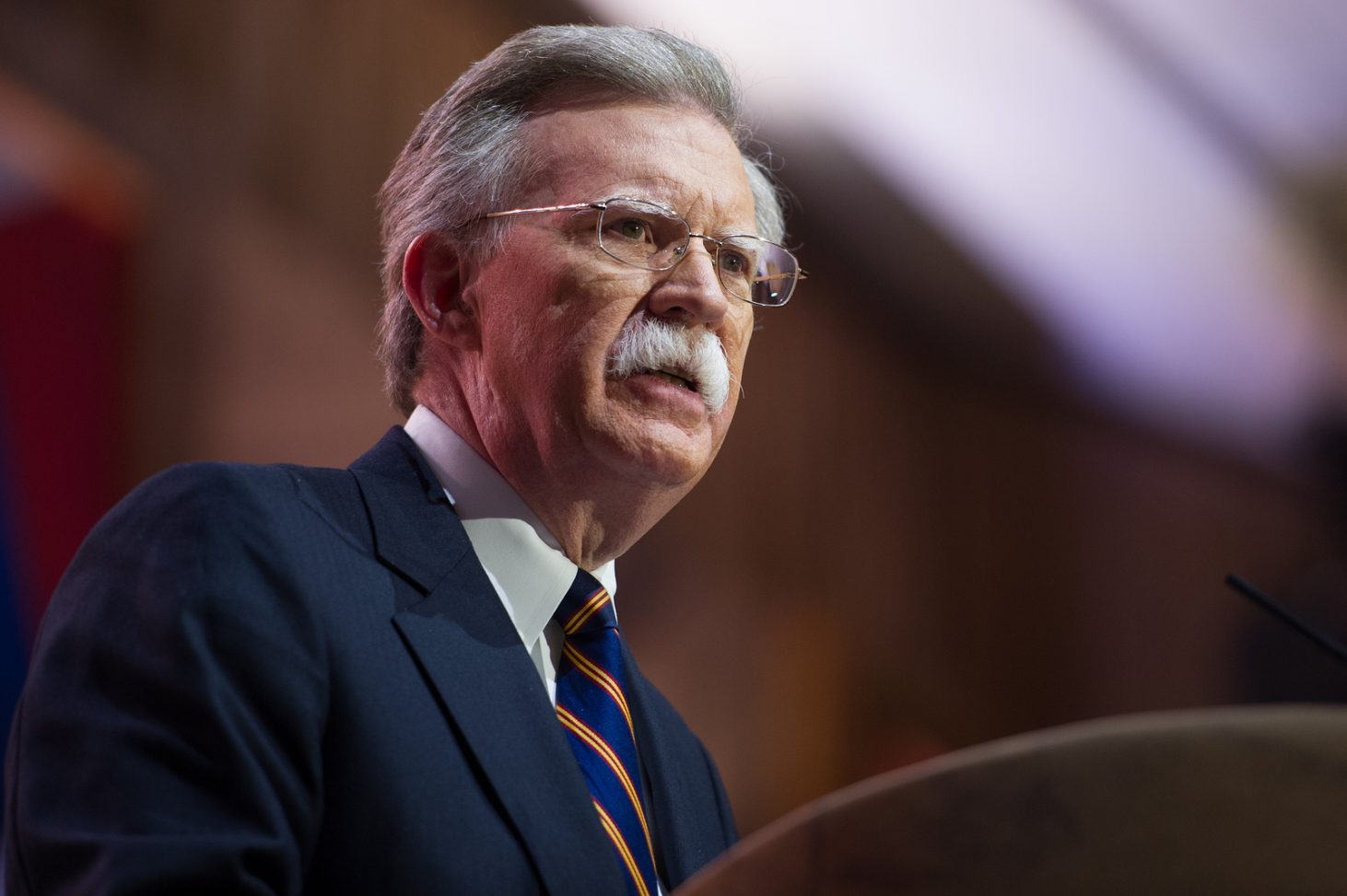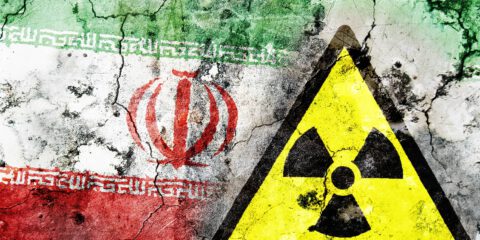The US is failing to appreciate the significance of the leverage points that the Syrian arena provides for Russia. This leverage allows Russia to exact a heavy toll for the measures the US is demanding.
The US-Russian dialogue on international issues is characterized by continuous misunderstanding. Most emblematically, in 2009 then US Secretary of State Clinton gave her Russian counterpart, Lavrov, a button meant to symbolize the restart of their relations. But rather than the word “restart” in Russian, the button mistakenly said “overload.” Anecdotes aside, the US continues to miss the significance that Russia attributes to various geopolitical efforts it seeks to promote.
Russia’s involvement in Syria is one such example. In August US National Security Advisor Bolton met with his Russian counterpart, Patrushev. Their talks focused on potential understandings regarding Syria and Iran. Bolton argued that his country presumably has leverage vis-à-vis Russia because of the Russian presence in Syria. He observed that the Russians were stuck in Syria and were interested in finding another party to bear the costs of its reconstruction.
Russia, which has been coping with ongoing US sanctions, would indeed find it economically difficult to take the lead on Syria’s reconstruction. The US recently introduced new sanctions in response to an attack in March of this year against former Russian spy Skripal and his daughter Yulia in Britain, in what was described as a Russian chemical attack. Among other objectives, sanctions are aimed at undermining the granting of credit to Russia and the export of sensitive military technology, and they are expected to place additional burdens on the Russian economy. The cumulative effect of these sanctions also has implications for President Putin’s control and governance because of the economic hardship they impose on the population. The lifting or easing of these sanctions therefore constitutes a prime objective for Putin in international negotiations on various issues.
Although the US correctly assesses the limitations of the Russian economy, its lack of understanding regarding the advantages Russia sees in its present involvement in Syria is surprising. Russia views Iran and Syria as providing points of leverage that will serve the Kremlin in pursuing Russian interests around the world. Over the years the Russians have repeatedly underscored that the preservation of Assad’s regime in Syria is not an objective in itself, but rather a means to achieve stabilization of the country and the entire region, which in turn would advance their objectives in the Middle East. The same holds for relations between Russia and Iran, which is devoid of ideological or sentimental elements and constitutes another means by which the Kremlin seeks to advance its objectives. This is the perspective that informs Russia’s proactive efforts to create additional points of leverage in the Middle East. It also accounts for the recent announcements about an additional civil nuclear program Russia is promoting in Iran and for the Russian initiative to establish a regional system of payments that would include Iran and be based on national currenciesas an alternative to the US dollar.
Bolton was quoted as saying that according to President Putin, Russia cannot force Iran to leave Syria. Indeed, Russia cannot impose such a measure on the Iranian regime, but it is making the most of its capabilities and the leverage it has with the regime, and consequently is well-positioned to pressure Iran to take constructive measures from the US perspective. During his meeting with Bolton, Patrushev – who himself is on the list of Russian figures subject to US sanctions – offered to promote the withdrawal of Iranian forces from Syria in exchange for the easing of sanctions on Iran. Bolton rejected the offer.
The Syrian arena provides Russia with a wide range of options for negotiating with the US and Western states in a variety of contexts. Russia’s ability to bring about an arrangement in Syria that would address Israel’s demands regarding Iran and facilitate US disengagement from Syria constitutes a major bargaining chip for president Putin. Such an arrangement would come at a cost, and Russia has no intention of assisting the United States without receiving something significant in return.
JISS Policy Papers are published through the generosity of the Greg Rosshandler Family.
photo: Bigstock









 - בניית אתרים
- בניית אתרים